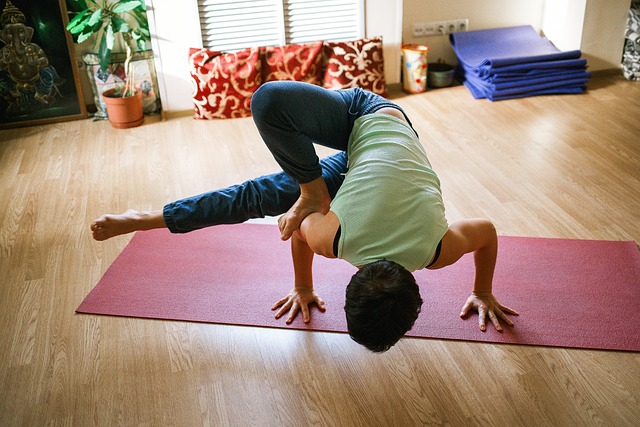In the journey toward achieving a healthy lifestyle, many practitioners find that incorporating yoga into their routine is a transformative experience. However, what often gets overlooked is the essential role hydration plays in maximizing the benefits of yoga. Good hydration not only enhances your physical performance but also influences your overall wellness, intertwining both yoga and healthy nutrition in a holistic approach to living well.
Yoga, often characterized by its fluid movements and deep breathing exercises, requires an adequate level of hydration. When you’re well-hydrated, your muscles perform better, and you can achieve more from each pose. Dehydration can lead to fatigue, muscle cramps, and a lack of focus, all of which can disrupt your practice and prevent you from reaching the mindfulness and clarity that yoga offers. Imagine finding your zen, only to be interrupted by the fatigue from not drinking enough water. It’s a disconnect that can easily be avoided with proper hydration.
Moreover, healthy nutrition goes hand in hand with hydration. Consuming water-rich foods such as fruits and vegetables can significantly improve hydration levels, ensuring your body is primed for your yoga practice. Foods like cucumbers, watermelon, and oranges aren’t just snacks; they are nourishment that fuels both your body and your mind. Combining such foods with regular water intake sets a strong foundation for overall health, and within the context of yoga, it enhances physical resilience and mental balance.
As you progress in your yoga journey, consider the connection between your practice and hydration. Integrating hydration into your routine does not mean merely gulping water before and after class; it involves being conscious about your hydration levels throughout the day. You might find that keeping a water bottle nearby during yoga sessions not only encourages you to stay hydrated but also serves as a reminder to listen to your body’s needs.
Furthermore, remember that the type of fluids you consume matters as well. While water should be your primary source of hydration, herbal teas or electrolyte-rich drinks can also play a significant role, especially after an intense yoga session. Be mindful of sugary beverages, as they can detract from your nutrition goals and leave you feeling more drained than energized. The focus should be on replenishing your body with quality nutrients that complement your healthy lifestyle.
Yoga is more than just a physical workout; it’s a way to connect with oneself spiritually and emotionally. When you incorporate hydration into your yoga practice, you create a holistic environment that nurtures your entire being. You’ll notice improvements not only in your poses but also in your mental clarity and overall mood. A well-hydrated body will help carry you through those challenging asanas and deepen your meditative practices.
As you embrace a lifestyle centered around yoga and healthy nutrition, take a moment to reflect on how hydration fits into your routine. It might be the missing puzzle piece that unlocks your true potential on and off the mat. Remember, each drop of water is an investment in your health, well-being, and dedication to a fulfilling yoga journey.



